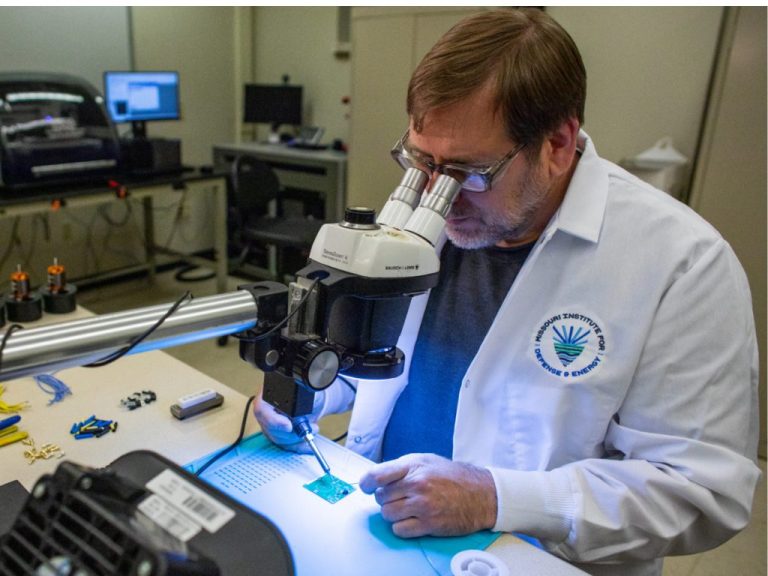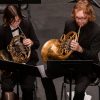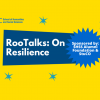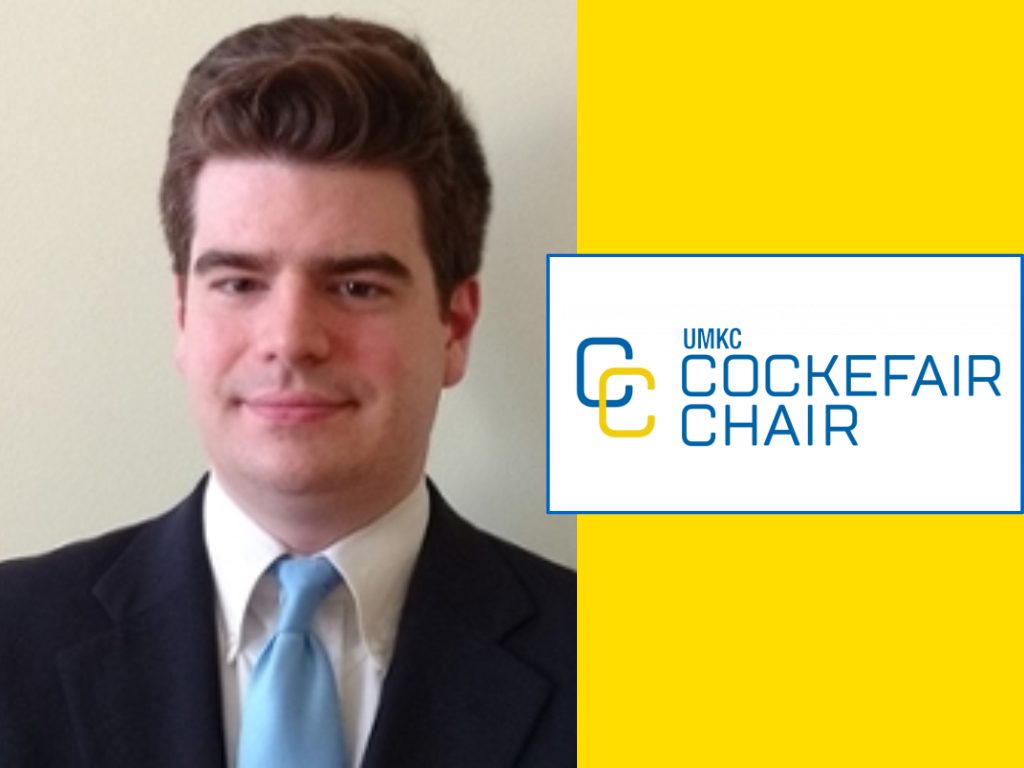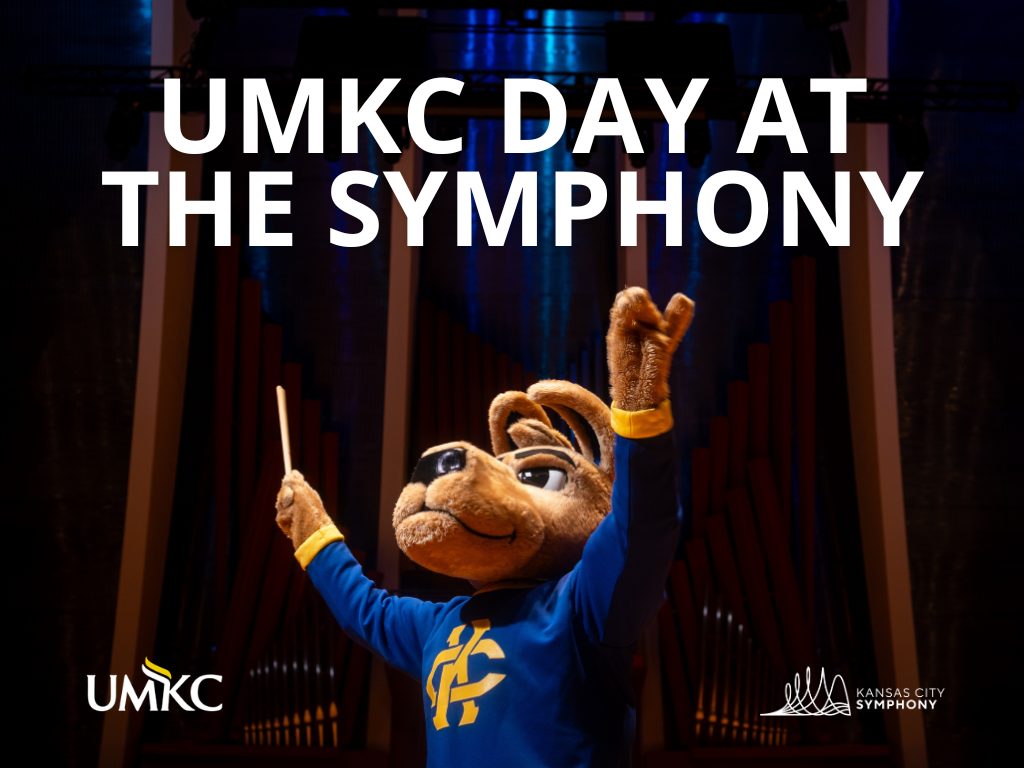In July 2025, the Critical Materials Crossroads team, led by the University of Missouri-Kansas City on behalf of the University of Missouri System, officially advanced as one of 29 semifinalists for the National Science Foundation Regional Innovation Engines Type 2 award.
"This outstanding cohort of semifinalists clearly demonstrates that America’s technology competitiveness will depend as much on expanding our ability to unlock innovation capacity in every part of our country — from the rural plains and western ranges to cities with rich industrial and manufacturing legacies — as it will on advancing the technologies themselves," said Erwin Gianchandani, NSF assistant director for Technology, Innovation and Partnerships. "Each team was selected because it brought strong public and private partners to the table and outlined a promising vision for research, innovation and workforce development in their respective regions of service, thereby advancing U.S competitiveness, national security and economic growth."
For the final stage, NSF will conduct live, virtual assessments of the semifinalist teams to gain further understanding of their regional coalitions, the alignment of their proposed leadership teams and core partners and their visions for research and development. NSF will select the finalists following these assessments and will announce the final list of NSF Engines awards early 2026. If selected, the Critical Materials Crossroads could receive up to $160 million over the next 10 years to help launch new businesses and educate the future critical-materials workforce.
This announcement follows a significant achievement in October 2024, when the Critical Materials Crossroads team officially advanced as one of 71 quarterfinalists for the National Science Foundation Regional Innovation Engines Type 2 award. Governor Mike Parson acknowledged the accomplishment and its significance for Missouri.
"Missouri's technology sector is budding and growing, and these teams will help us continue the exceptional work we have done to develop our workforce, strengthen our infrastructure and emerge as a technological leader,” Parson said. “We congratulate our higher education institutions, as well as their application partners, on the incredible work that has gotten them to this point, and we trust that Missouri innovation will win the day, potentially securing these National Science Foundation Engine designations for our state."
The groundwork for these achievements began in May 2023, when UMKC, on behalf of the University of Missouri System, received a $1 million 24-month federal cooperative agreement to lead the development of an energy materials ecosystem in Kansas City.
The $999,480 award from the National Science Foundation Regional Innovation Engines Program is funded through the CHIPS and Science Act, signed into law in 2022, to significantly boost U.S. production of microchips and tackle supply chain vulnerabilities to revitalize Americas scientific research and technological leadership.
Since that award, it is evident that the Critical Materials Crossroads has been building momentum on the development of an energy materials campus that would produce midstream materials for energy generation, storage and distribution in the Kansas City area to promote technical and economic development and prosperity in the Kansas City region.
The Critical Materials Crossroads Energy Materials ecosystem will leverage partnerships with universities, businesses, industry, nonprofits and state, local and federal government institutions in Kansas and Missouri to drive the economic growth needed for this new hub. To do this, manufacturers will be equipped with a highly trained workforce skilled in advanced manufacturing and automation, materials and innovation to develop domestically sustainable and profitable critical goods.
Goals for the collective include:
- Coordinate, facilitate and mentor the creation of 70 small businesses in Missouri and Kansas
- Add $17 billion to the Kansas City Metropolitan Statistical Area and create more than 10,000 jobs by 2036
- Become a national thought leader in the Kansas City region on energy materials
- Secure a sustainable and competitive U.S.-based supply chain for energy materials processing and manufacturing
- Create and maintain a pipeline of targeted degree/certificate holders to meet workforce needs
- Be the catalyst and trusted partner for U.S. energy material processing and manufacturing that drives innovation
- Develop a technology maturation network that rapidly scales new technologies from lab-scale to full-scale by providing centralized business support services and funding for startups and new innovations
“UMKC is proud to take the lead on behalf of the University of Missouri System and its four universities on this exciting effort to create a new industrial base in our region focused on computer chips and other microelectronics,” said UMKC Chancellor Mauli Agrawal. “The potential for business formation and job creation is extraordinary, and we’ll be working with partners throughout Missouri and Kansas including Lincoln, Kansas State, Kansas, Pitt State and Wichita State universities to make it happen.”
Anthony Caruso, Vice Chancellor for Strategic Initiatives and Curators' Distinguished Professor of Physics and Electrical Engineering, is the principal investigator for the grant.
“Our goal is to realize a self-sustaining Kansas-Missouri industrial base that will become profitable without the need for government subsidy,” Caruso said. “That requires reinventing manufacturing practices. To meet this grand challenge, the team will focus on synergistic and symbiotic partnerships that leverage the unique natural resources, manufacturing and transportation capacity of Missouri and Kansas. The ultimate goal is to develop marked improvements in regional educational attainment and economic growth.”
Energy materials underpin many aspects of day-to-day life, including medical equipment, cars, industrial machinery and consumer electronics. U.S. manufacturing has declined significantly since the early 1990s, leaving the country reliant on imported critical materials which many see as a threat to both economic growth and national security. The Critical Materials Crossroads aims to reshore these manufacturing jobs and provide a sustainable pathway to develop these critical goods and materials domestically, lowering our reliance on foreign entities of concern and increasing national and economic security.
The team includes institutions of higher education, representation from local and state governments, industry and business partners, national labs, nonprofits and civic organizations across the Kansas City area and Missouri and Kansas.
Story by: Stacy Downs, Strategic Marketing and Communications
Published: Jul 9, 2025

